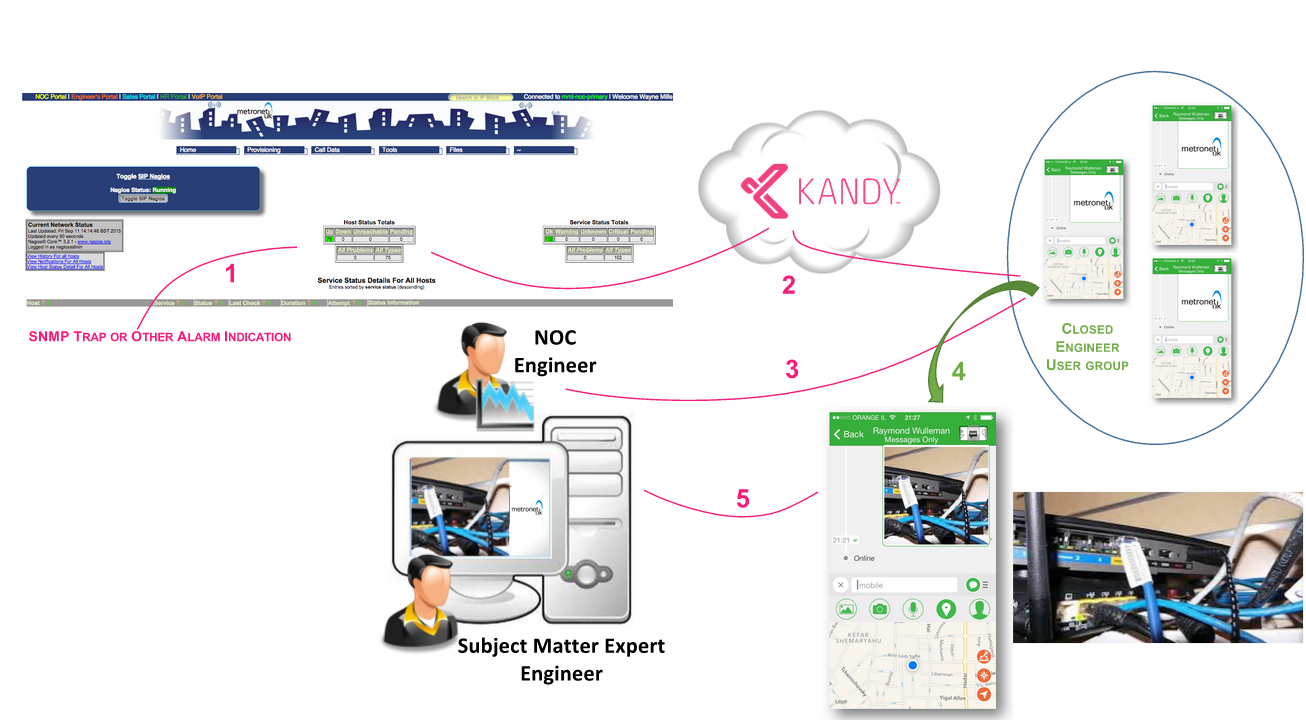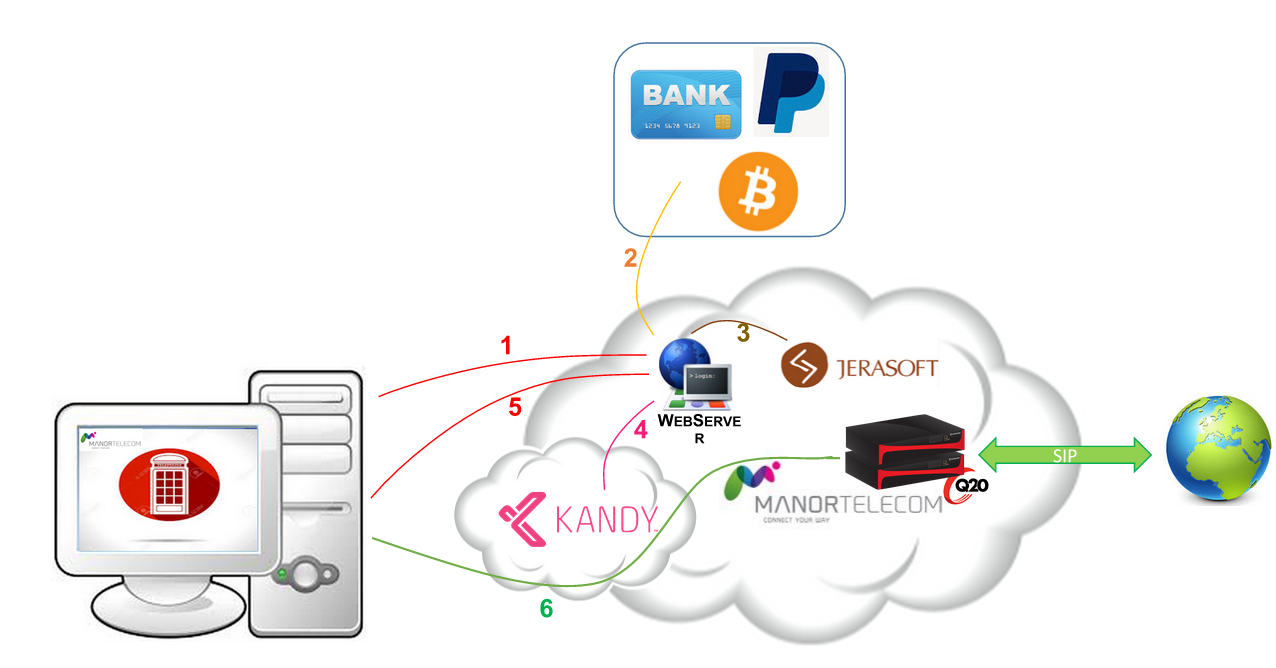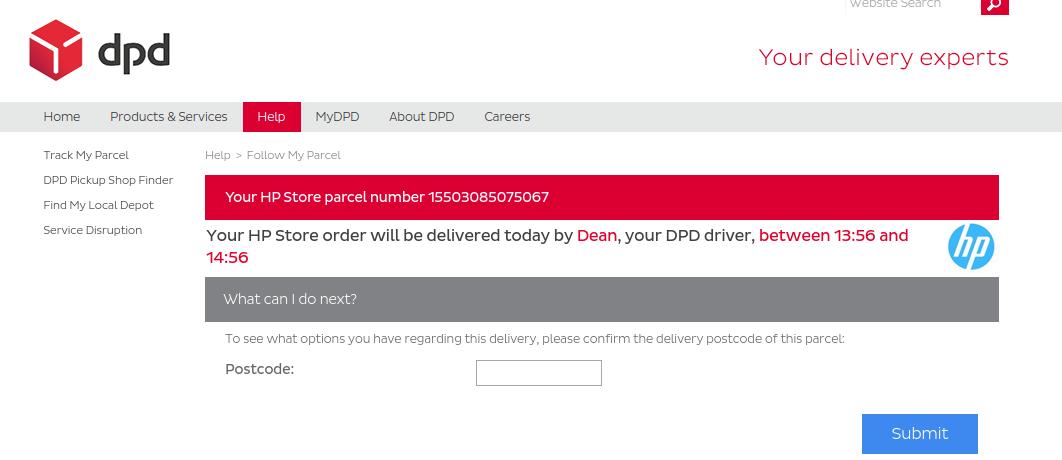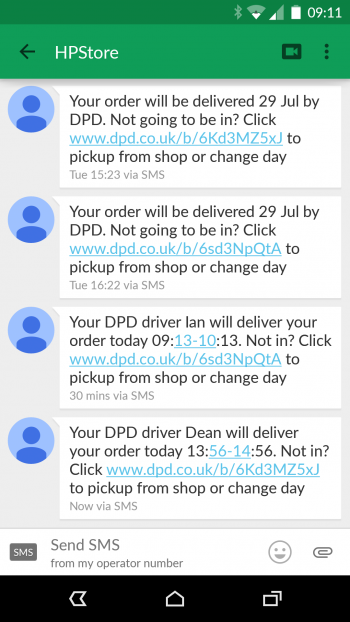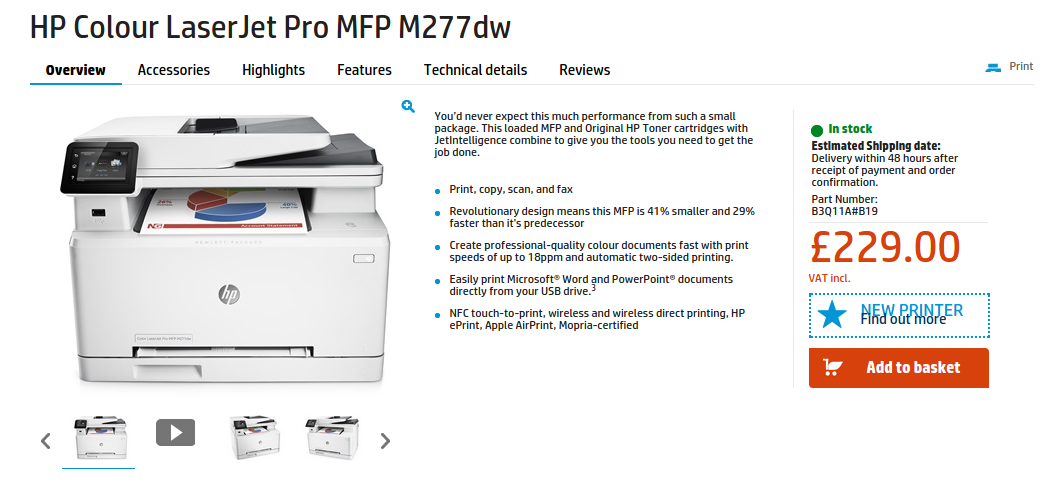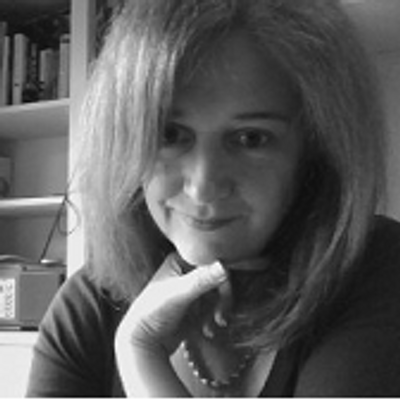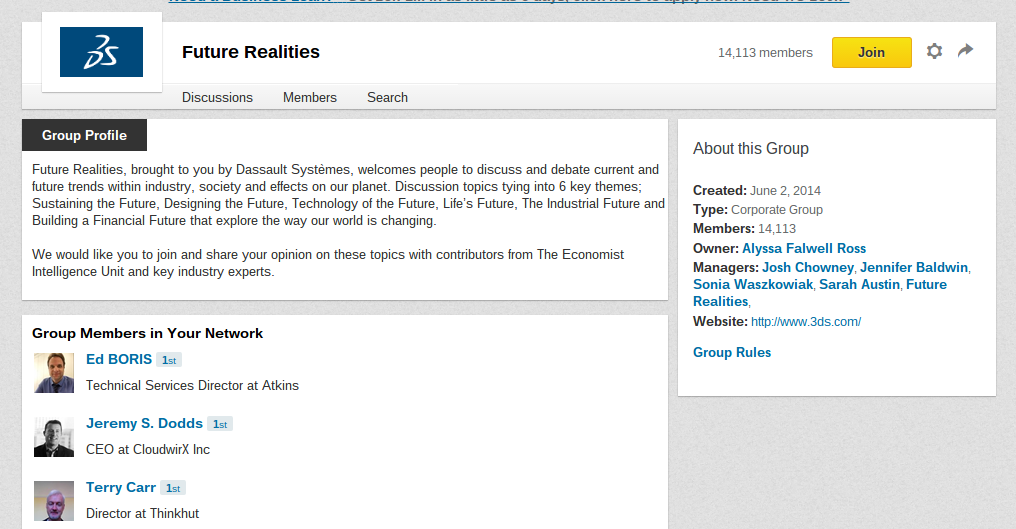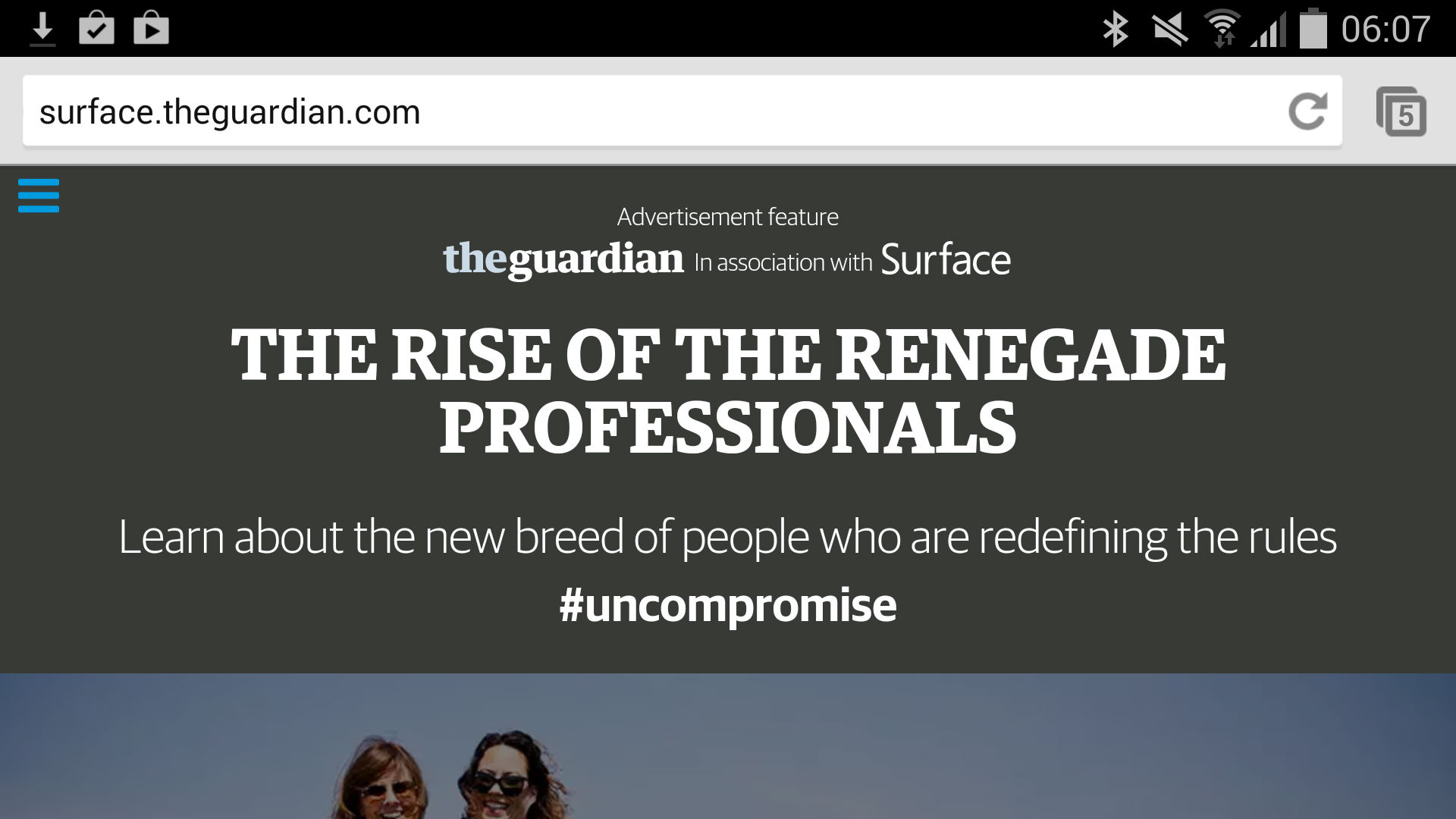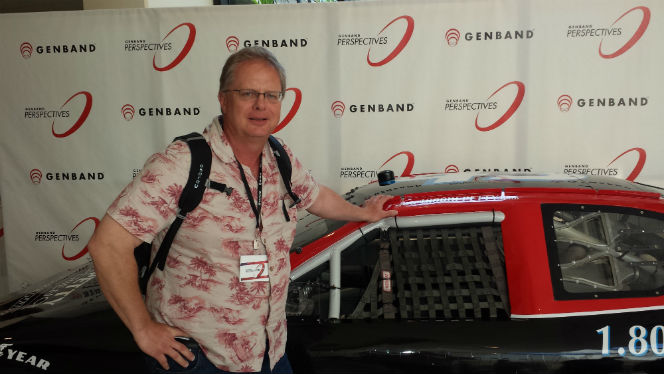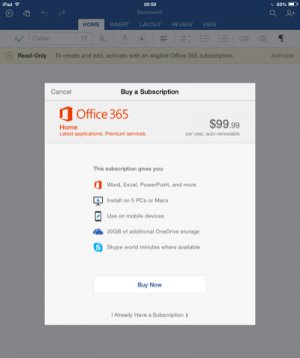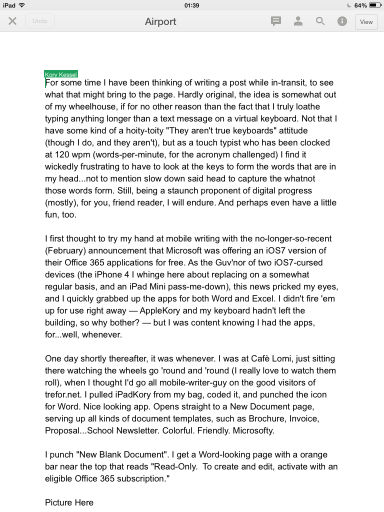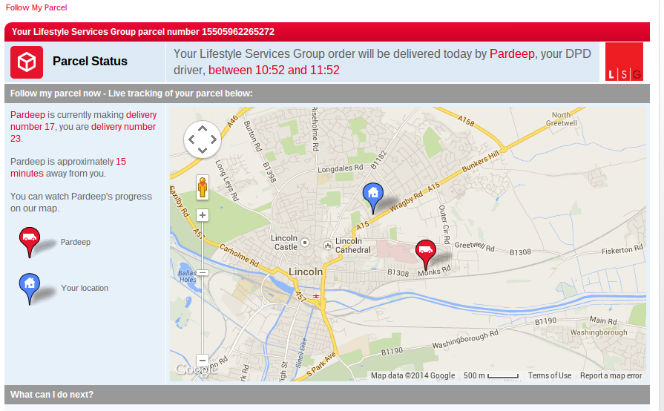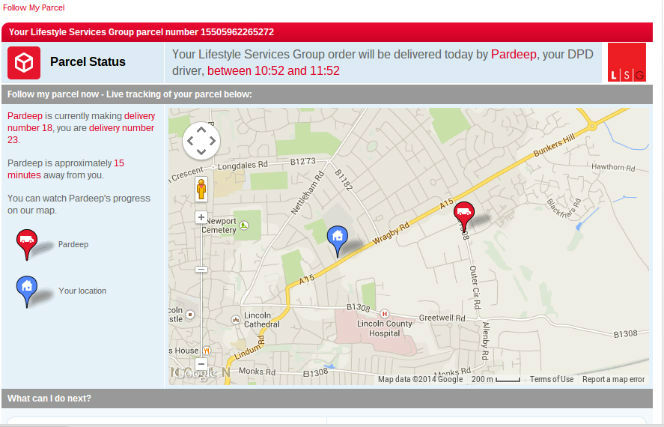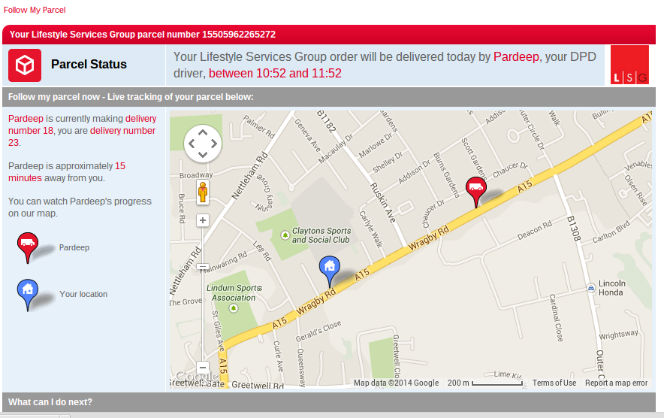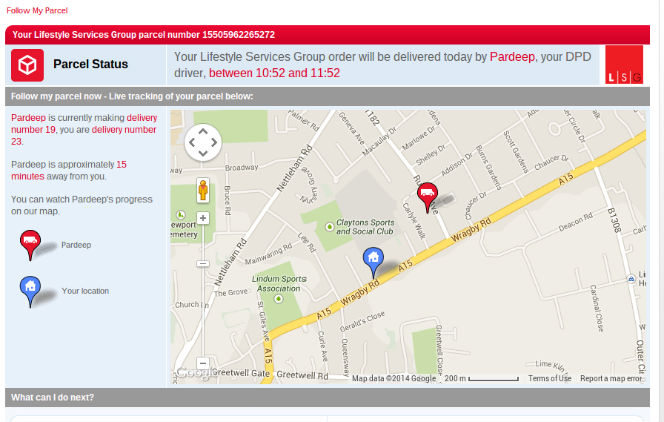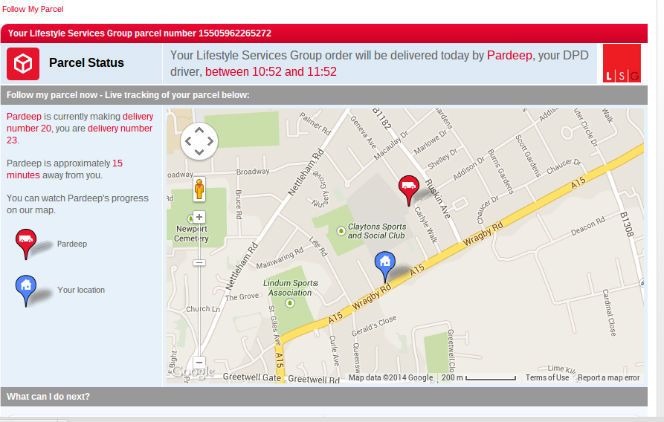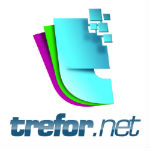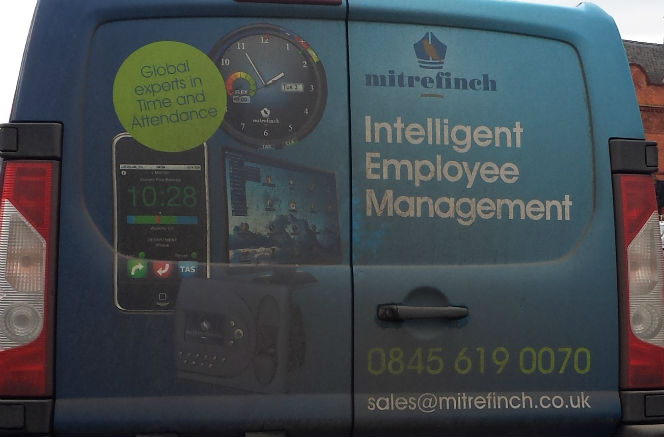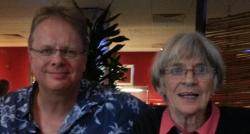How to be a woman in tech
When the wonderful @tref was looking for ‘women in tech’ to write a guest blog I had to answer a few questions: am I in tech, how did I get here, and what can I do to encourage others?
What do you do?
I perform the pivotal role of interpreting business needs to technical people and analysing the potential of technical developments for the board and business team. To do this one has to be an excellent communicator, be able to manage demanding priorities calmly and effectively, and have an understanding of the evolving technical context. The publishing company I currently work for is small but ambitious, constantly looking to implement new projects and initiatives. The continually-evolving technical environment demands drive, the ability to evaluate systematically, and unswerving support for and appreciation of our tech team..
How successful is this?
The magazine I work for has had constant growth in both circulation and revenue. This is even more impressive when considered against the backdrop of declining print in many sectors of the publishing industry and publishers’ struggle to embrace the benefits and culture of new digital technology. The challenge is an ongoing one and not to be underestimated.
How did you get here?
I am living proof that coming from a non-technical background is not a barrier. Women can combine their innate communication skills and strategic abilities with an analytical approach, to support and implement complex projects – ideal attributes for a digital world.
I first worked (in the distant past) at a small consultancy firm, initially as receptionist, moving on to the documentation department (they had the first word processors from the USA – with 8 inch floppy disks!), where I supported projects by creating inputs on punch cards for mainframe processing. Exposure to the first home computers, the ZX81, C64 and Spectrum, led to playing with machine-code programming, contributing to ‘Zipper Flipper’, a game produced for the Spectrum, earning a grand total of around £4,000 in royalties!
I spent the next 20-odd years working with databases (dBase and Pervasive SQL) and personal computers/networks, principally specifying, implementing, and supporting software (developed in Psion Archive initially, then C and C++) to manage subscriptions and royalties for publishing companies. At its height we provided software and support to over 100 publishers, sending billions of copies to subscribers, and processing millions in revenues. (I also had two children).
Six years ago I joined the London Review of Books to lead a new team, initially to manage the build and implementation of a (then) new @LRB website and newly digitised archive (and no, I had never done that before). This intense period of work culminated in a successful launch, on time, and very positive feedback. Now I am an Associate Publisher and lead on the analysis of digital performance and the development of digital strategy for the business.
What about outside of work?
As a long-time supporter of Scouting, I used a global database to run an international educational programme for 40,000 people at a huge camp in 2007. I have a great interest in the campaign for rural broadband access, which led to the choice of my MA research topic; “The use of social media in enhancing volunteer engagement”, a case study of a community website fighting for rural broadband in Cumbria.
I like to think that the re-evaluation of the ‘fibre tax’ and its impact on rural broadband initiatives was prompted in some part by my advocacy on behalf of rural communities with BDUK in 2010. As a follow-on from that discussion, I was invited to write a report for BDUK considering the implementation of a practical strategy to support data-led community-based decisions in the delivery of super-fast broadband.
I supported a local school in a voluntary role, working as part of their Membership and Development Committee and helping them to become the first state school to implement an alumni database and website.
How can I become a woman in tech?
Be curious. I believe it is vital to examine how different sectors approach the use of technology and social media. I believe that the educational, arts, public, private and voluntary sectors have much to learn from each other. I am actively engaged and interested in the use of technology to empower individuals, companies, not-for-profit companies and charities.
Find your ‘digital north’. I have often wondered why some people ‘get’ digital, and some do not – most often when facing barriers constructed of anxiety and fear. I put my comparative ease with the digital world down to playing around with machine code and BASIC all those years ago. So – make something. It has never been easier to learn. You do not need to be a coder to work in tech – but it really helps to understand the basics of how coding works!
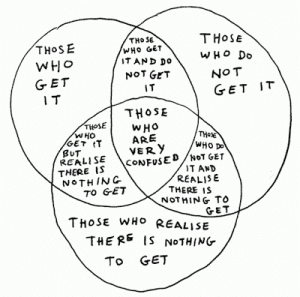
Image credit: @davidshrigley
Be digitally creative. Take part in a hackday or two. I have been to several hackdays: Culturehack East, the National Archives hackday, EdTech hackathon at Google Campus, and Hackthespace at Tate Modern. Meeting and working with people in a creative digital space is incredibly motivating and I have always learned a lot. You do not need to be a coder to take part – just enthusiastic about digital.
Find your passion. Mine is data – I love it. This has led me to great conversations and connections – entity extraction from our archive with the BBC R&D department, for example. I also have the innate conviction that you should build capacity over one-offs (almost) every time. The exception is if you are making digital art!
Experiment. If you have the opportunity to push the boundaries, take it. I was lucky enough to run a fantastic digital project for The Space, a BBC and Arts Council project. The project explored the idea of a ‘digital essay’. The work, created in collaboration with the writer Will Self, and Brunel University, is called ‘Kafka’s Wound’.
Bring others with you. This can be very hard to do. There is fear and anxiety around the unknown. I am about to run a second mini-hackday for my colleagues. Last year we had a great day mixing up mostly non-techie people and letting them loose with paper and pens as well as laptops. The results were brilliant and the follow-up survey provided both solid evidence of the benefits, and suggestions for improvements.
Connect. This is fairly obvious. I can trace much of what I have achieved in the digital space to the decision in 2009 to find out what Twitter could be good for, and if I could make a difference using social media. I have met many, many people on Twitter before meeting them in real life (and some I am yet to meet).
Draw. Use paper and marker pen. If you can’t draw something, it’s very hard to explain it, even to yourself. It works for me (and I am terrible at drawing).
Listen. Engage with your technical people – have discussions, find out what they find interesting, ask questions, encourage everyone to speak. Understand as much as you can. Be patient.
Volunteer. Use your technical knowledge to support a local cause that inspires you, be that World Scouting, community broadband, or your local school. If you find others there to work with, all the better, but I have often found myself the lead in terms of technical understanding.
Get to grips with business. All technology is embedded in a business. Understanding the structure of business and how it works is vital if you want to straddle the tech and business divide. Running my own business was the foundation of my expertise, backed up with an MA in management, which I really enjoyed.
Explore organisational culture. Understanding the culture of an organisation will help you make moves towards organisational change. If you work in an organisation that is not a start-up (likely) then there will probably be a big shift required in order to embrace and take advantage of the opportunities digital can provide.
Look ahead. See what’s coming up – keep an eye on it. Expend some budget on R&D and make some of the advances in tech real for your organisation – it need not be expensive (cardboard headset and smartphone to demonstrate 3D video, for example).
What’s next for you?
As everything continues to shift the possibilities have never been more interesting. I am looking at how the cultural sector is adapting to digital, and there are some big projects out there. In my dreams I will one day do a PhD.
Final words?
Follow your interests. Become (almost) indispensible. Experiment. It’s great if you can manage it!
Other posts in our women in tech week include:
Geeks do drink prosecco by Liz Fletcher
Network filter bypass solutions by Rhosyn Celyn
Network Automation by Leslie Parr
IX model defended by Valeria Rossi
Board level veteran sees progress by Lesley Hansen
Rural broadband solutions by Chris Conder
Pebbles, Pebbles everywhere by Sarah Baskerville

